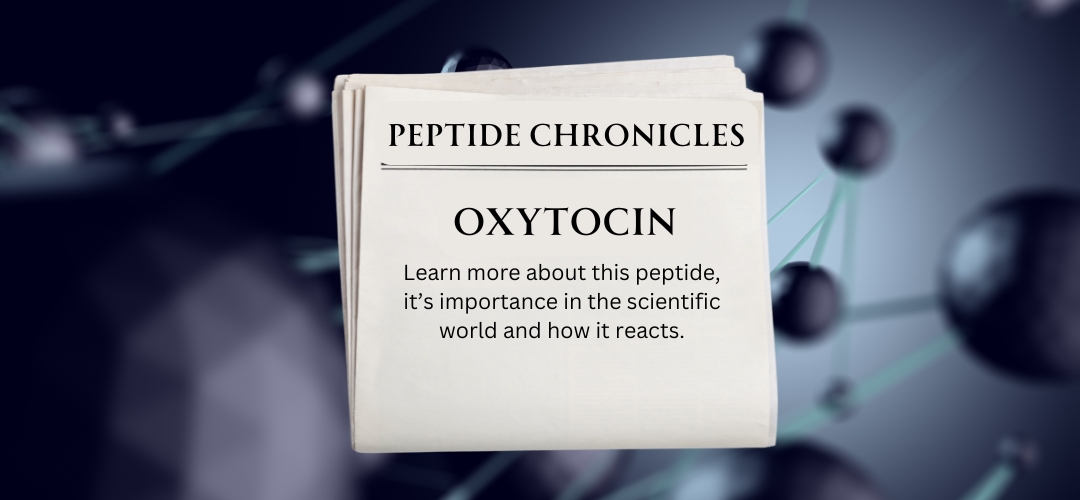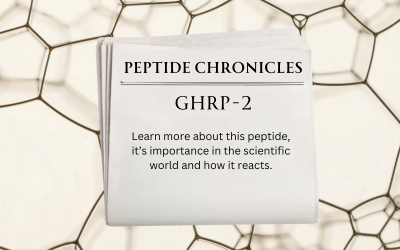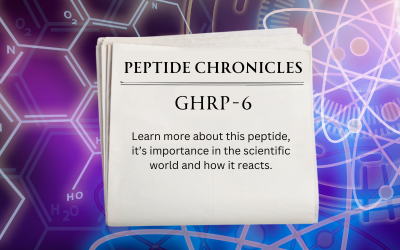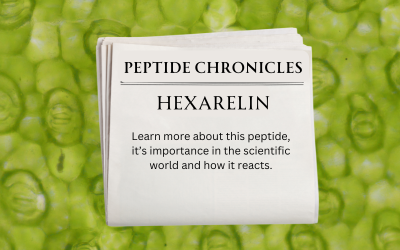Oxytocin – Actions & Benefits
Oxytocin is a neuropeptide and hormone produced by the hypothalamus and released by the pituitary gland. It plays a vital role in bonding, social behavior, emotional regulation, childbirth, and lactation. It is often referred to as the “love hormone” or “bonding hormone” due to its role in strengthening social connections.
Actions of Oxytocin
- Promotes Social Bonding & Trust
- Enhances feelings of attachment, empathy, and trust in relationships.
- Plays a crucial role in mother-child bonding and romantic relationships.
- Reduces Stress & Anxiety
- Lowers cortisol (stress hormone) levels, promoting relaxation.
- Helps with anxiety, depression, and social phobias by improving mood.
- Supports Childbirth & Lactation
- Triggers uterine contractions during labor to facilitate childbirth.
- Stimulates breast milk ejection for breastfeeding.
- Enhances Sexual Function & Libido
- Increases sexual arousal, orgasm intensity, and emotional connection between partners.
- Plays a role in male and female reproductive function.
- Promotes Healing & Pain Reduction
- Aids in wound healing by reducing inflammation.
- Acts as a natural analgesic, helping with pain relief.
- Regulates Appetite & Metabolism
- May play a role in reducing food intake and enhancing fat metabolism.
- Could be beneficial for weight management and obesity treatment.
Benefits of Oxytocin
✅ Enhances Emotional Bonding & Relationships – Strengthens social and romantic connections.
✅ Reduces Stress & Anxiety – Lowers cortisol and promotes relaxation.
✅ Supports Labor & Breastfeeding – Essential for childbirth and milk ejection.
✅ Boosts Sexual Function & Libido – Increases intimacy and orgasm intensity.
✅ Aids in Pain Relief & Healing – Reduces inflammation and speeds up recovery.
✅ May Assist in Weight Management – Can help regulate food intake and metabolism.
⚠ Considerations:
- Oxytocin levels can be increased naturally through physical touch, social interactions, and positive experiences.
- Synthetic oxytocin (Pitocin) is commonly used in medical settings to induce labor but may have side effects such as stronger contractions or nausea.





0 Comments